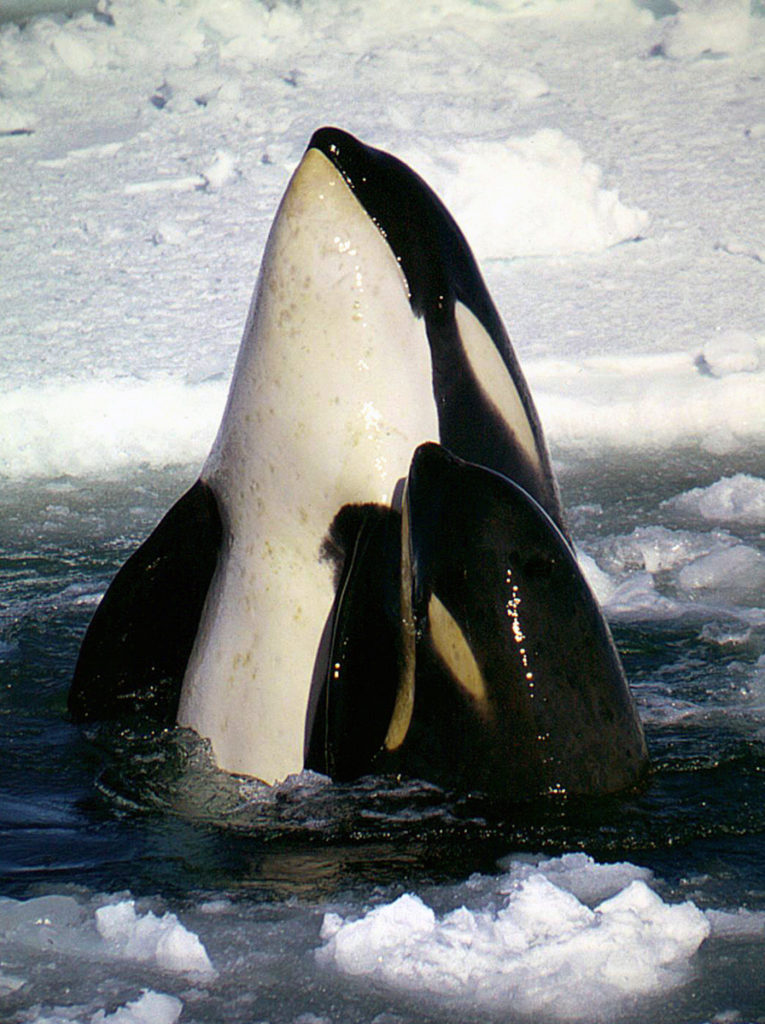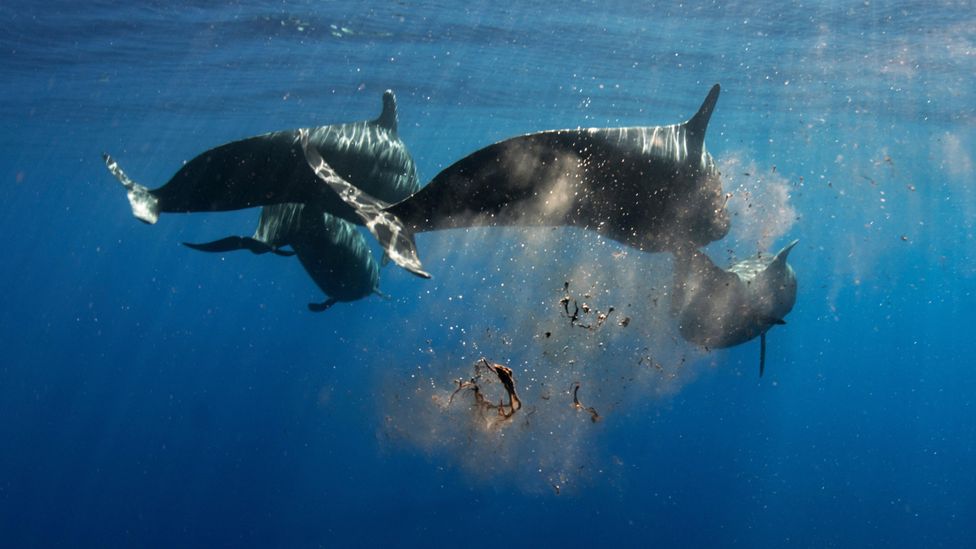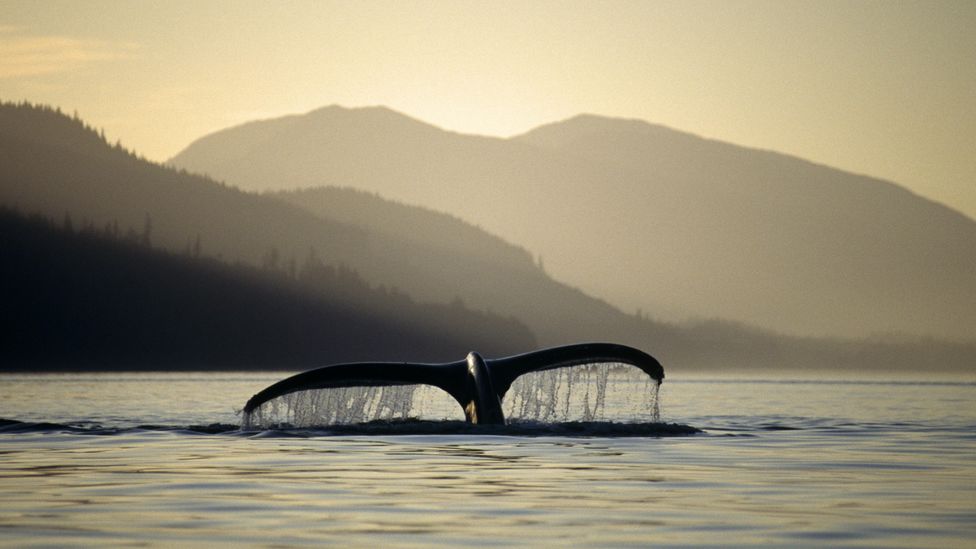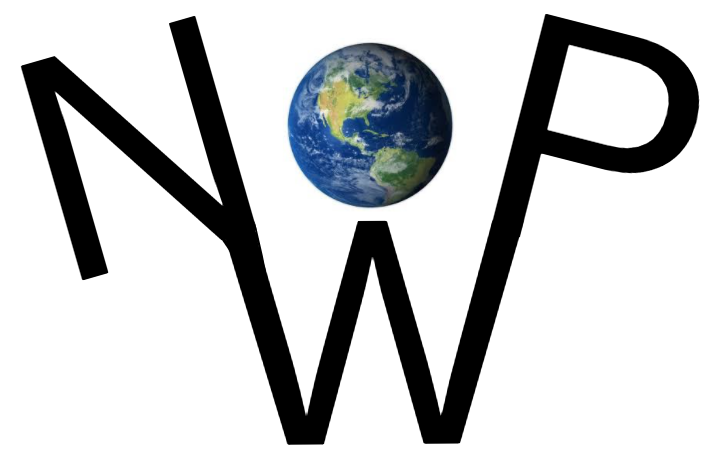The world’s largest animals are unusually good at taking carbon dioxide out of the atmosphere.
“Whales are not only valuable in death. The tides of excrement that these mammals produce are also surprisingly relevant to the climate.”
The following written content by Sophie Yeo

Seeing a whale stranded on a beach often provokes a strong reaction. It can make people curious – beached whales can do strange things, like explode. It can also be upsetting to witness a creature so magnificent in water reduced to lifeless blubber on land. What rarely registers, however, is the lost opportunity for carbon sequestration.
Whales, particularly baleen and sperm whales, are among the largest creatures on Earth. Their bodies are enormous stores of carbon, and their presence in the ocean shapes the ecosystems around them.
From the depths of the ocean, these creatures are also helping to determine the temperature of the planet – and it’s something that we’ve only recently started to appreciate.
“On land, humans directly influence the carbon stored in terrestrial ecosystems through logging and the burning of forests and grasslands,” according to a 2010 scientific paper. “In the open ocean, the carbon cycle is assumed to be free of direct human influences.”
But that assumption neglects the surprising impact of whaling.
When whales die, they sink to the ocean floor – and all the carbon that is stored in their enormous bodies is transferred from surface waters to the deep sea, where it remains for centuries or more.
In the 2010 study, scientists found that before industrial whaling, populations of whales (excluding sperm whales) would have sunk between 190,000 to 1.9 million tonnes of carbon per year to the bottom of the ocean – that’s the equivalent of taking between 40,000 and 410,000 cars off the road each year. But when the carcass is prevented from sinking to the seabed – instead, the whale is killed and processed – that carbon is released into the atmosphere.
Andrew Pershing, a marine scientist at the University of Maine and an author of that study, estimates that over the course of the 20th Century whaling added about 70 million tonnes of carbon dioxide into the atmosphere. “This is a lot, but 15 million cars do this in a single year. The US currently has 236 million cars,” he says.

Whale poo is a powerful fertiliser for the ocean’s phytoplankton, which have a large potential to capture carbon (Credit: Alamy)
But whales are not only valuable in death. The tides of excrement that these mammals produce are also surprisingly relevant to the climate. Read more from BBC.
Advertisement






